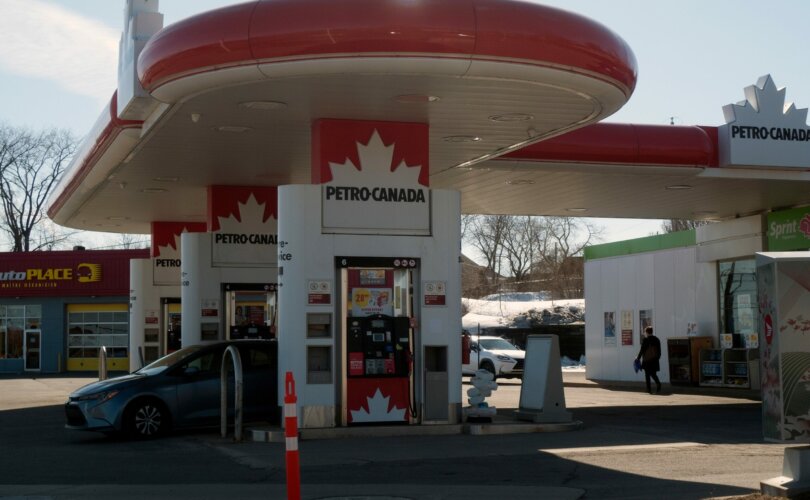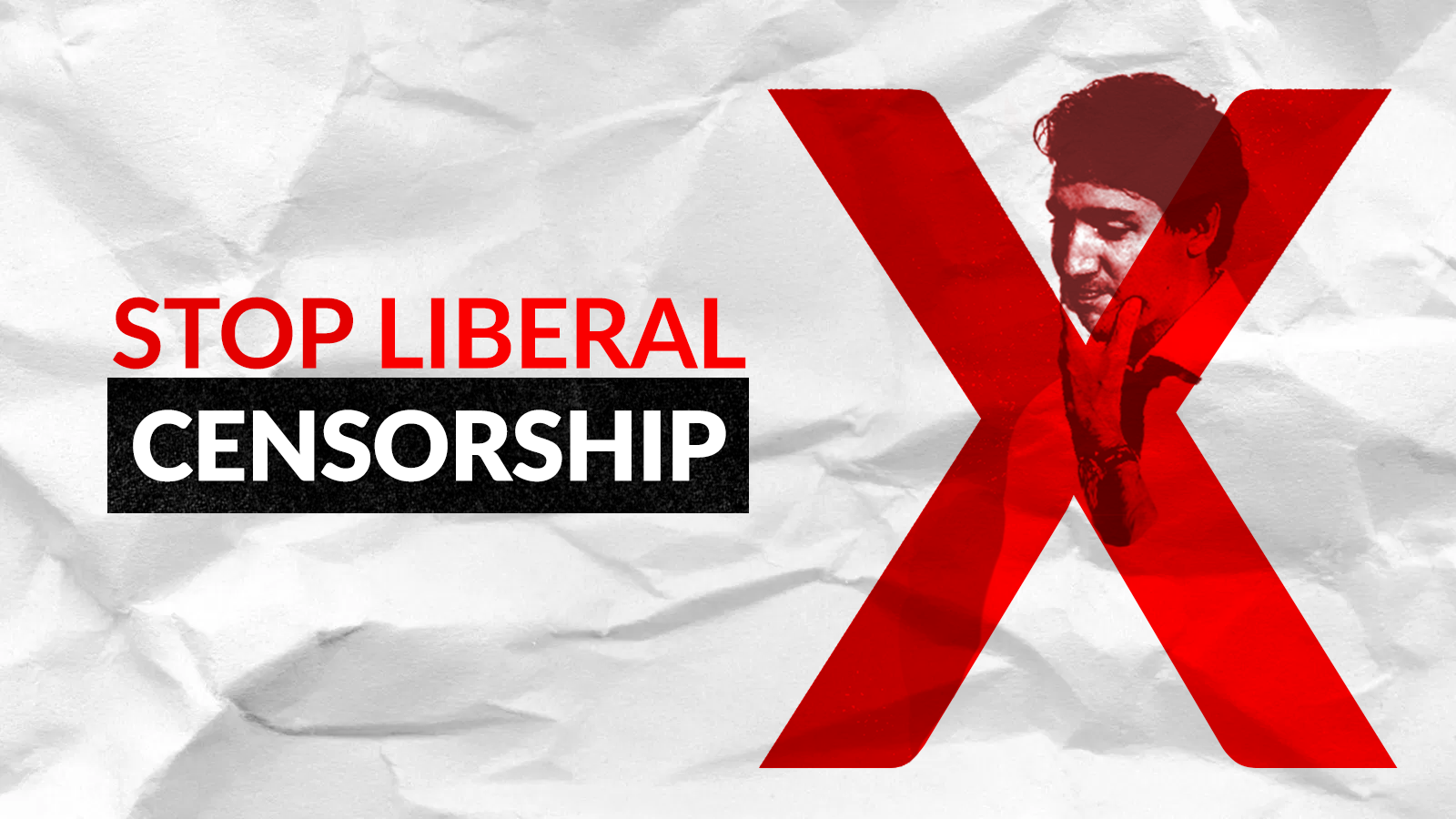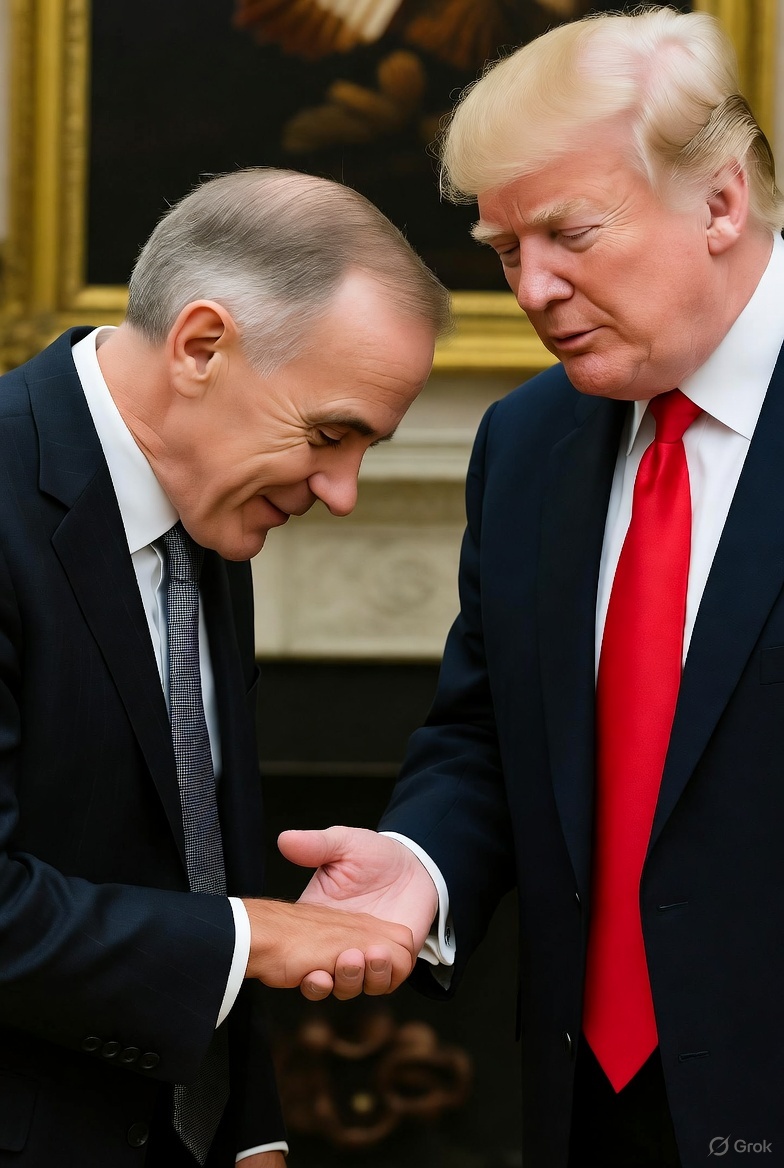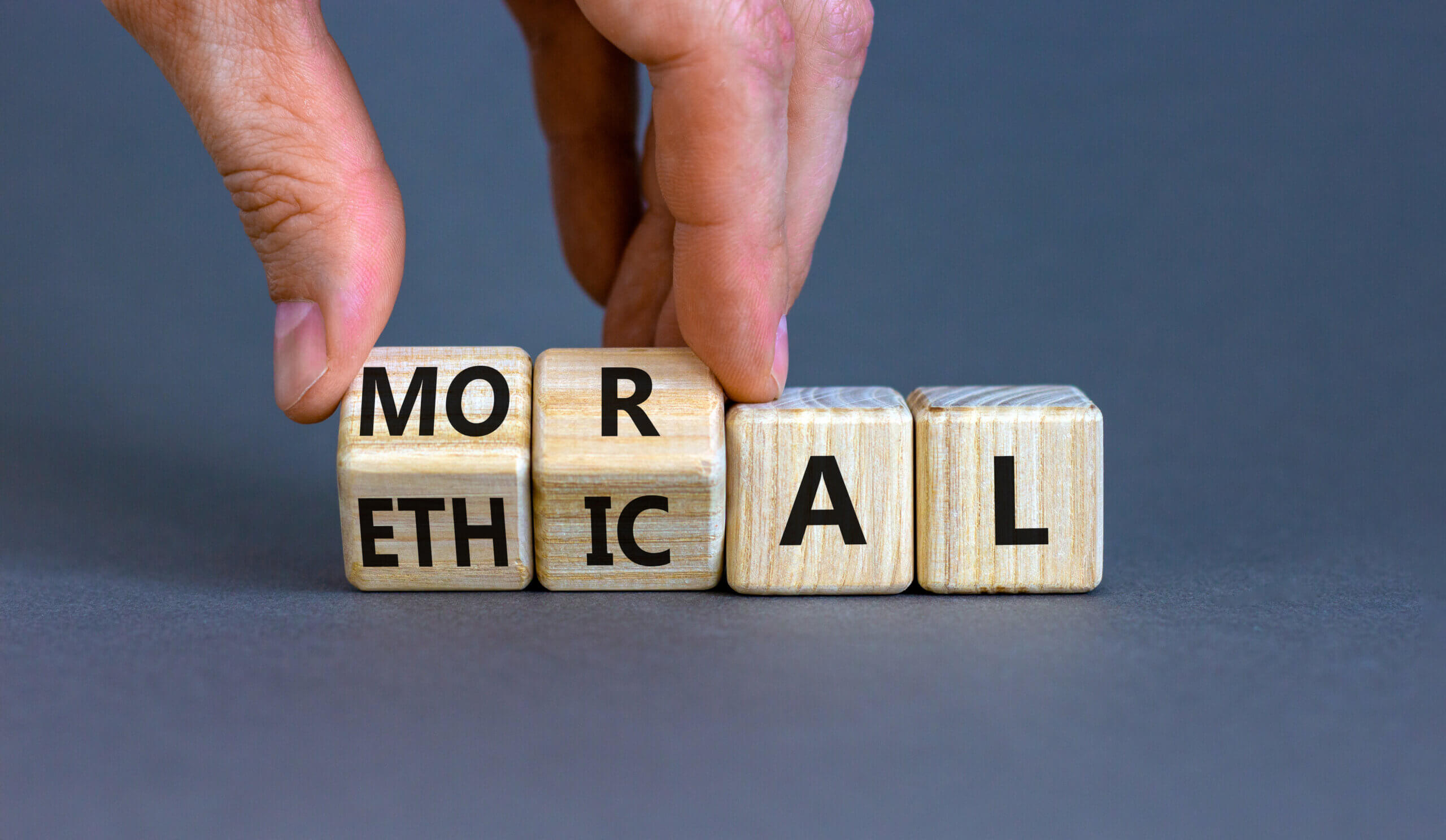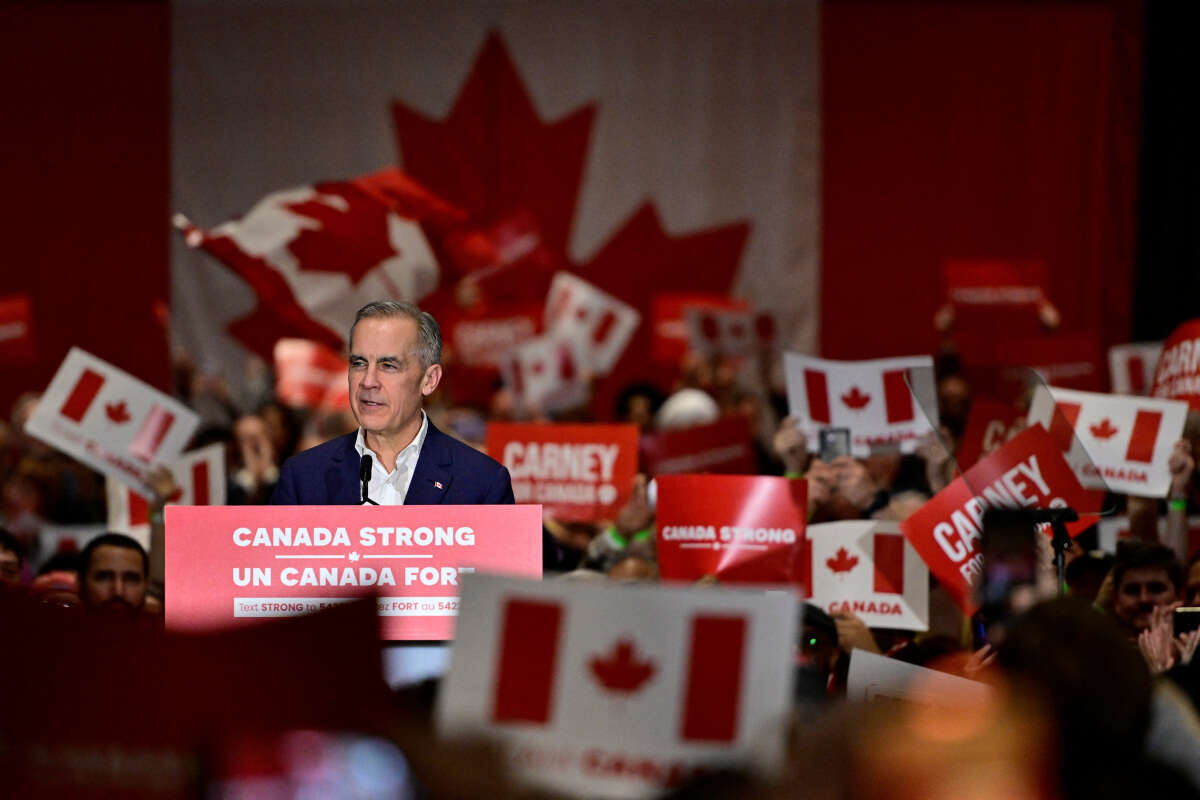Trudeau’s grand plan is to save the environment by burdening Canadians with a second carbon tax. Because who doesn’t love paying more for fuel and watching their hard-earned money go up in smoke? It’s truly a stroke of genius! But fear not, dear citizens, for the government knows what’s best for you. Just sit back, relax, and enjoy the privilege of being kicked in the head by another carbon tax. After all, what better way to make life more affordable than by squeezing every last penny out of your pockets? Stay tuned for more exciting tax adventures, brought to you by the ever-creative minds in Ottawa!
In a recent press release, the Canadian Taxpayers Federation (CTF), known as Canada’s top taxpayer watchdog group, called on Prime Minister Justin Trudeau to abandon his plan for a second federal carbon tax. The impending tax, scheduled to take effect on July 1, is expected to impose a burden on average Canadian families by increasing fuel costs for their vehicles. The CTF emphasized that the second carbon tax would lead to additional expenses amounting to hundreds of dollars per family, as stated by the Parliamentary Budget Office.
Is Justin Trudeau a Psychopath?
Expressing concerns about the financial impact on Canadians, Franco Terrazzano, the federal director of the Canadian Taxpayers Federation, stated, “Canadians need another carbon tax like we need a kick in the head.” Terrazzano further highlighted the need for Prime Minister Trudeau to prioritize affordability and scrap the carbon taxes, emphasizing that the proposed tax would not contribute significantly to environmental benefits.
Land Grab and Environmental Deception: The Dark Side of “Green” Energy in the American Midwest
Earlier this year, Canadians already experienced an increase in the initial carbon tax. However, the second carbon tax, set to be implemented on Canada Day, brings forth a new set of regulations referred to as “clean fuel” standards. These regulations mandate increased ethanol content in gasoline, resulting in a projected rise of 17 cents per liter by 2030. The government’s objective behind these rules is to reduce the carbon intensity of traditional fuels by 15 percent within the next decade.
To comply with the new regulations, fuel refiners will have to enhance the amount of ethanol in gasoline or purchase credits if they choose not to do so. Consequently, the cost of gasoline will escalate, impacting consumers. It is estimated that by 2030, the combined effect of both carbon taxes will contribute 55 cents per liter to the overall fuel cost.
Real News Cast reported last year that this second carbon tax would add an extra burden of $1,277 annually for the average Canadian worker. The concerns surrounding the escalating cost of living in the nation have led critics of the Conservative Party of Canada (CPC) to question the Trudeau government’s climate change agenda.
The current environmental goals of the Trudeau government align with the United Nations “2030 Agenda for Sustainable Development” and involve phasing out coal-fired power plants, reducing fertilizer usage, and curbing natural gas consumption over the coming decades. These goals are also in line with the World Economic Forum’s (WEF) push for the reduction and eventual elimination of fossil fuels, advocating for a transition to unreliable green energy.
The Canadian Taxpayers Federation provided a breakdown of the expected costs for the second carbon tax in each province. Alberta and Saskatchewan, known for their significant oil and gas production, are expected to bear the highest increases. In response to the initial carbon tax, the province of Alberta had previously removed its own provincial fuel tax of 13 cents per liter until next year.
Despite claims from mainstream media and some government officials that the science of climate change is settled, a peer-reviewed study conducted in June 2017 by two scientists and a veteran statistician revealed that a considerable portion of recent global warming data has been manipulated by climate scientists to amplify the sense of urgency. This finding contradicts the narrative that has been propagated regarding climate change.
In addition, three premiers from western Canadian provinces—Alberta, Saskatchewan, and Manitoba—have expressed strong opposition to the federal government’s potential control over a province’s natural resources through radical climate legislation. They argue that such measures pose a danger to national unity.
Despite these concerns, the Trudeau government recently introduced the “Sustainable Jobs Act,” which is part of its “Just Transition” climate plan aimed at achieving net-zero carbon emissions within the next two decades. Alberta Premier Danielle Smith has publicly criticized the “just transition” bill and vowed that it will not be enforced in Alberta.
In conclusion, the Canadian Taxpayers Federation is urging Prime Minister Justin Trudeau to reconsider the implementation of a second carbon tax, citing the detrimental financial impact on Canadian families. With the cost of living already a concern, the additional burden of increased fuel costs would pose challenges for citizens across the nation. As the debate surrounding climate change and taxation continues, Canadians are closely watching the government’s approach and its potential implications for their daily lives.






